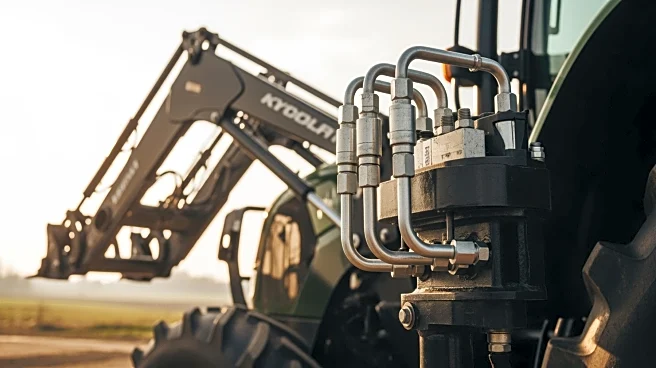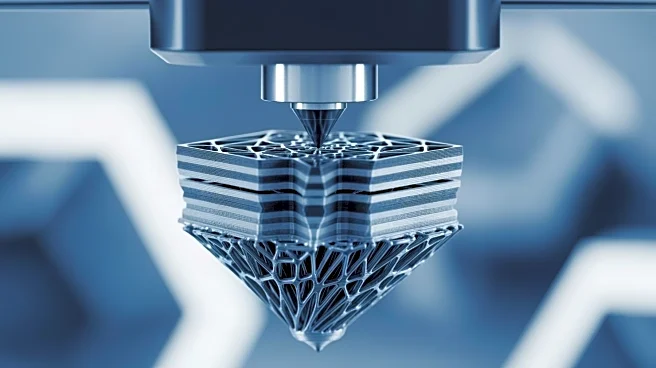Rapid Read • 7 min read
Farmonaut has released an analysis comparing organic agriculture to sustainable agriculture, highlighting five key differences as of 2025. Organic agriculture is defined by strict certification standards, prohibiting synthetic chemicals and GMOs, and emphasizing natural processes. In contrast, sustainable agriculture is a broader concept focused on meeting current food needs without compromising future generations' ability to produce food. It incorporates various practices, including integrated pest management and precision farming, and may allow selective use of synthetic inputs. The report underscores the importance of understanding these distinctions for eco-friendly food production.
AD
Understanding the differences between organic and sustainable agriculture is crucial for farmers, consumers, and policymakers seeking environmentally responsible farming solutions. Organic agriculture offers a principled approach with strict standards, while sustainable agriculture provides flexibility to balance productivity with ecological and economic sustainability. These distinctions impact biodiversity, soil health, and market demands, influencing how agricultural systems can adapt to global challenges such as climate change and food security.
Farmonaut anticipates that both organic and sustainable agriculture will continue to evolve, driven by technological advancements and changing consumer preferences. The integration of satellite monitoring and blockchain traceability will enhance transparency and efficiency in agricultural practices. As the demand for eco-friendly food systems grows, stakeholders will need to make informed choices to balance productivity with environmental stewardship.
The broader implications of these agricultural systems include their role in promoting biodiversity and soil health, which are critical for agroecosystem resilience. The choice between organic and sustainable practices can influence long-term yield stability and environmental impact, shaping the future of food production.
AD
More Stories You Might Enjoy










